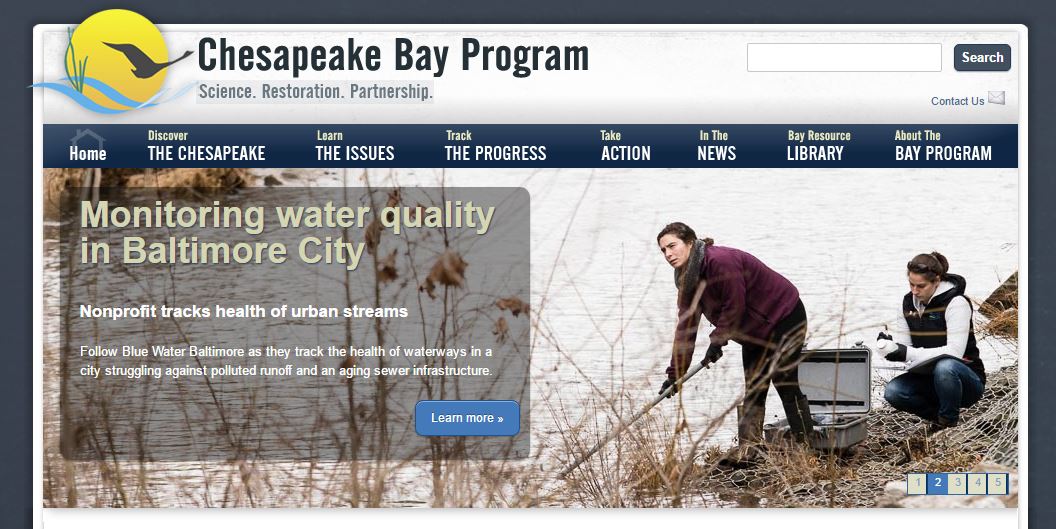Environmentalists and proponents of the Chesapeake Bay cleanup learned today that the federal government is considering a 93 percent budget cut to the Chesapeake Bay Program, a group designed to monitor efforts across the watershed first established in 2010 by the Environmental Protection Agency (EPA). The report comes from an "initial draft of the workforce reduction plan," and was obtained by the Washington Post. The proposed cuts can be viewed here.
The proposed budget cut is part of the current administration's efforts to cut the EPA's budget and reduce its staff by one-fifth in the first year, eliminating dozens of programs. The document states that "The administration's 2018 budget blueprint will prioritize rebuilding the military and making critical investments in the nation's security. It will also identify the savings and efficiencies needed to keep the nation on a responsible fiscal path."
This comes directly on the heels of the 2016 State of the Bay report, in which the Chesapeake Bay was noted as achieving its highest grade in 18 years. Environmentalists argue that the role of the federal government and the EPA in cleanup efforts is vital, since the six states and the District of Columbia, all of which make up the Chesapeake Bay watershed, have no authority over one another.
In a statement, Will Baker, president of the Chesapeake Bay Foundation, said:
The Office of Management and Budget (OMB) proposal reduces funding for the Chesapeake Bay Program from about $73 million annually to $5 million (a little more than 93 percent) in the next fiscal year. EPA's Chesapeake Bay Program coordinates science, research, and modeling as well as grants to state and local governments to help reduce pollution.
Bay restoration efforts are working. There is measurable progress in restoring local rivers, streams, and the Chesapeake Bay. Our State of the Bay score was the highest it has ever been. Crabs and oysters are rebounding, the dead zone is getting smaller, and Bay grasses are at their highest level in decades.
The progress is the result of the federal and state partnership implementing the Clean Water Blueprint, as well as the work of citizens, businesses, and local governments all doing their share to reduce pollution.
The OMB proposal is only the first step in developing EPA's budget, and we hope that the Trump Administration and Administrator Pruitt's EPA will want to take advantage of a program that's successful, bipartisan, and non-controversial. It works.
The report states that the funding level proposed "highlights the trade-offs and choices inherent in pursuing these goals."
The Chesapeake Bay isn't the only body of water set to be impacted by budget cuts. The Great Lakes would also be losing 97 percent of their pollution cleanup, according to the report.
Representatives from the White House and the Chesapeake Bay Program have so far declined to comment. Back in January, Pruitt appeared before a Senate panel and vowed his support for the Bay cleanup effort. The OMB has a meeting planned for April 15 to discuss the proposed budget, which is considered an "initial draft."





